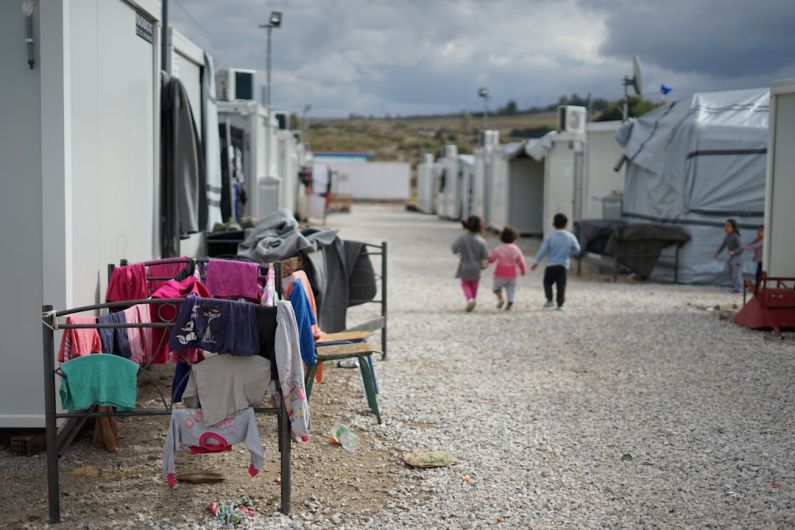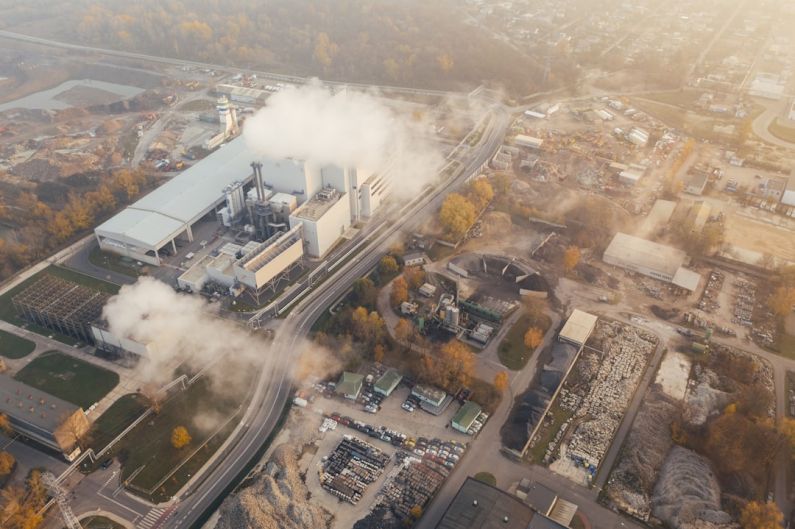Supporting Refugee Integration into Communities
When it comes to supporting refugee integration into communities, it is important to recognize the challenges that refugees face and the strategies that can be implemented to ensure a smooth transition. By providing access to education, employment opportunities, and social support, communities can help refugees rebuild their lives and become active participants in their new homes.
Creating Inclusive Education Opportunities
One of the key aspects of supporting refugee integration is ensuring access to quality education. Education plays a crucial role in empowering refugees to develop the necessary skills and knowledge to thrive in their new communities. Schools and educational institutions can work towards creating inclusive environments that accommodate the unique needs and experiences of refugee children and adults.
Language acquisition programs are an essential part of supporting integration. By providing language classes tailored to the needs of refugees, communities can help them overcome language barriers and improve their communication skills. These programs should also focus on cultural awareness, enabling refugees to understand the customs and traditions of their new communities.
Promoting Employment Opportunities
Another vital aspect of supporting refugee integration is providing employment opportunities. Access to employment not only ensures financial independence but also fosters a sense of belonging and purpose. Communities can collaborate with local businesses and organizations to create job training programs specifically designed for refugees. These programs can help refugees gain the necessary skills and qualifications to secure employment and contribute to the local economy.
It is crucial for employers to embrace diversity and provide equal opportunities to refugees. By actively recruiting and hiring refugees, businesses can tap into a talented and diverse workforce while promoting social cohesion. Employers can also provide cultural sensitivity training to their staff to foster a welcoming and inclusive work environment for refugees.
Building Social Support Networks
Building strong social support networks is essential for the successful integration of refugees into communities. Communities can establish mentorship programs that pair refugees with local volunteers who can provide guidance and support as they navigate their new surroundings. These mentors can assist refugees in accessing resources, finding accommodation, and connecting with social services.
Community organizations and religious institutions can also play a significant role in providing social support. By organizing cultural events and activities, these entities can facilitate interaction between refugees and local residents, fostering understanding and friendship. Creating safe spaces where refugees can share their experiences and concerns can also be beneficial in helping them overcome trauma and adapt to their new lives.
Conclusion: Embracing Diversity for a Stronger Community
Supporting refugee integration into communities is a collective effort that requires the involvement of individuals, educational institutions, employers, and community organizations. By providing access to education, employment opportunities, and social support, communities can create a welcoming environment that embraces diversity and promotes social cohesion. Through these efforts, refugees can rebuild their lives, contribute to the local economy, and enrich the cultural fabric of their new communities. It is only by working together and bridging the gaps that we can create a stronger and more inclusive society for all.






